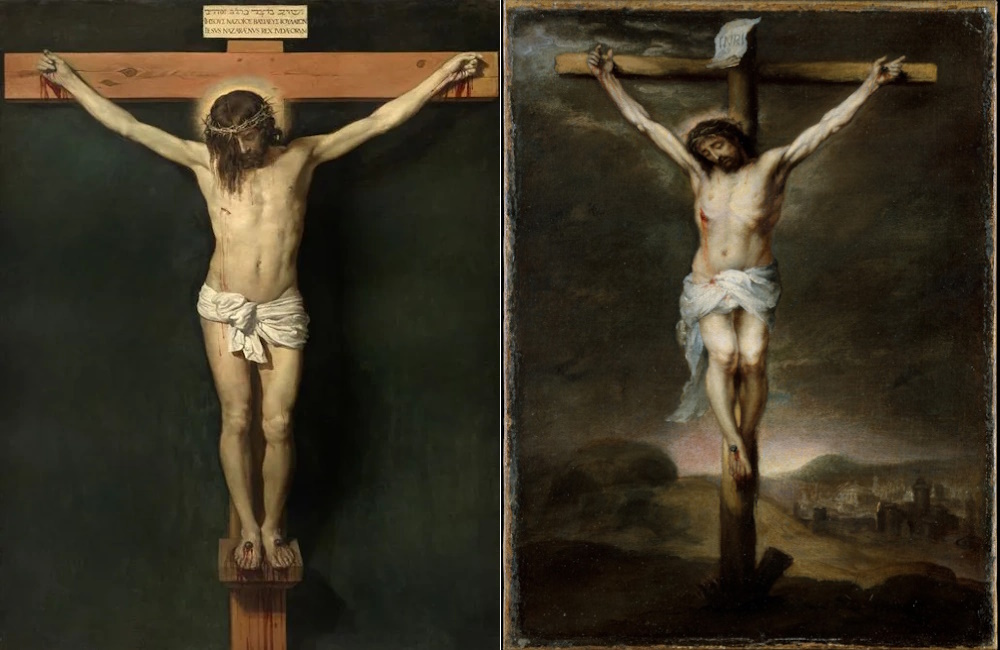The crucifixion of Jesus Christ, culminating in His death and resurrection, stands as a major cornerstone of the Christian faith. This event symbolizes the ultimate sacrifice and redemptive work of Jesus Christ, which is central to Christian belief. Both the Bible and the Quran acknowledge Jesus, yet their narratives concerning His crucifixion diverge significantly. This article delves into these differences, seeking to establish the truth through God’s Word, the Bible.
The crucifixion of Jesus Christ
Is a well-documented event in the Bible. Centuries before His birth, Old Testament prophets spoke of His death and resurrection, prophecies that Jesus eventually fulfilled. The four Gospels—Matthew, Mark, Luke, and John—offer detailed accounts of His arrest, trial, crucifixion, death, and resurrection. Jesus, the Son of God, was crucified under the order of Pontius Pilate. He was scourged, mocked, and ultimately nailed to a cross at Golgotha, where He died after several hours. His death was followed by a miraculous resurrection three days later, a foundational proof of His divine nature and the promise of eternal life for believers (Matthew 27:32-56, Mark 15:21-41, Luke 23:26-49, John 19:16-37). In 1 Corinthians 15:14, Paul asserts, “And if Christ is not risen, then our preaching is empty and your faith is also empty.” By linking the resurrection directly to the crucifixion, Paul affirms the crucifixion of Jesus Christ as an essential tenet of Christian faith.
The Quranic account of the crucifiction
Contrastingly, the Quran presents a different version of events. Surah An-Nisa (4:157–158) explicitly denies the crucifixion of Jesus Christ, stating: “…and for boasting, ‘We killed the Messiah, Jesus, son of Mary, the messenger of Allah.’ But they neither killed nor crucified him—it was only made to appear so. Even those who argue for this crucifixion are in doubt. They have no knowledge whatsoever—only making assumptions. They certainly did not kill him. Rather, Allah raised him up to Himself. And Allah is Almighty, All-Wise.”
These verses affirm the Islamic belief in Jesus as a prophet and messenger of God, while rejecting his divinity and the concept of his death as atonement for sin. According to Islamic tradition, Jesus was not crucified but was saved by God and raised up to heaven. Instead, someone else was crucified in his place.
Islamic scholars have long debated who this substitute was. While the Quran does not name the individual, some classical Islamic commentaries (tafsir) state that it was one of Jesus’ disciples, or possibly Judas Iscariot—the one who betrayed him. According to these traditions, God caused the face of this person to miraculously resemble Jesus, so that the people believed they were crucifying Jesus when, in fact, they were not. This divine intervention served to protect Jesus and fulfill God’s plan.
Thus, from the Islamic viewpoint, the crucifixion was an illusion to the people at the time—a test or deception that obscured the true course of events. Jesus was never harmed but was instead honored by being taken up to God.
Key differences between the two accounts and their profound theological implications
The Bible describes Jesus as the Son of God, fully divine and human, whose death and resurrection are central to the salvation of humankind from sin. The Quran, however, regards Jesus (Isa) as a respected prophet, not a divine being. This fundamental difference shapes each faith’s understanding of Jesus’ role and mission. In Christianity, Jesus’ crucifixion is seen as the ultimate sacrifice for humanity’s sins, fulfilling Old Testament prophecies and providing a path to reconciliation with God. Islam, by denying the crucifixion, rejects the concept of atonement, emphasizing instead that each person is responsible for their deeds. The Bible’s account of Jesus’ resurrection is crucial, as it confirms His victory over sin and death. In contrast, the Quran’s narrative denies the resurrection, claiming Jesus was taken up alive by God to heaven, where He now awaits His return in the end times.
While the Quran and the Bible present differing accounts of Jesus’ crucifixion, historical and theological evidence supports the Biblical narrative. The crucifixion is one of the best-attested events in ancient history, supported by numerous sources outside the New Testament, including Roman historians and Jewish records. Those who crucified Jesus Christ believed they were pursuing justice, unaware that God was using Jesus’ crucifixion to create a new and living way for humanity to return to Him (Hebrews 10:20). Consider Jesus’ provision of salvation today.
